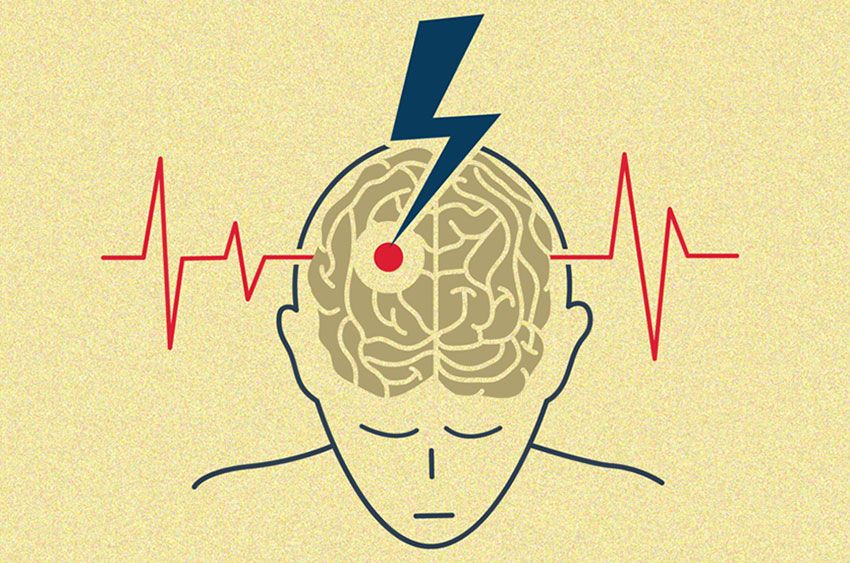
Timing is everything, especially when it comes to stroke care. Thanks to the help of advanced brain imaging software, the George Washington University (GW) Hospital is now able to make better, faster care decisions for patients suffering from stroke.
GW Hospital is the only hospital in Washington, D.C., to offer the RAPID CT Perfusion software, which helps to streamline treatment decisions for patients who present to the hospital with a stroke more than six hours after the event occurred.
In the past, patients who arrived at the hospital in the later stages of a stroke would not have been candidates for aggressive stroke treatment management because it was difficult for doctors to determine how much brain damage had occurred, and if more damage was imminent, explained Kathleen Burger, DO, director of the GW Hospital Comprehensive Stroke Center and associate professor of neurology at the GW School of Medicine and Health Sciences (SMHS).
Now, in only 90 seconds, the RAPID software can generate information on how much damage has occurred in in the brain and what areas have not yet been affected but are still at risk as time progresses. The software also calculates the ratio of damaged brain tissue to healthy brain tissue, said Burger.
“A vital part of our mission at GW Hospital is to bring advanced technology to our patients to enhance their care and improve outcomes,” said Kimberly Russo, MBA, MS, CEO of the GW Hospital. “The implementation of this new software is one more way that we are fulfilling this mission and ultimately, improving care for those affected by stroke.”
Dimitri Sigounas, MD, neurosurgeon and interventional neuroradiologist at GW Hospital and assistant professor of neurological surgery at SMHS, added that the RAPID software takes the guesswork out of identifying patients who can benefit from surgical intervention.
“It streamlines the process and makes it more time efficient and more effective. You are bringing a patient in, doing a scan, and based on that making the decision to take them right to intervention,” he said.
To treat stroke endovascularly, a surgeon enters an artery in the leg, and with X-ray guidance goes up through the arteries of the body and eventually into the blood vessels of the brain to remove the clot and restore blood flow.
If you already have significant damage to the brain, and you restore the blood flow to that area, explained Sigounas, you can actually make things worse. “If you open up a blood vessel and there’s significant damage there that you haven’t identified, then you’re basically opening up a dam into an area that could bleed uncontrollably.”
But with the RAPID software, doctors are quickly provided with information to help them determine the safety and efficacy of the procedure. Previously, an MRI could be used to help in decision-making, but that could postpone treatment more than an hour, Sigounas noted.
“This is a really progressive step in trying to make sure the patients who come here are getting the benefits of cutting-edge technology. We’re doing the maximum possible, we’re using the best diagnostic tools for positive clinical outcomes,” he said.
The new tool is not only allowing GW Hospital to treat even more stroke patients, but also patients who are at the greatest risk of disability who doctors would not have been able to approach as acutely before, added Burger.


